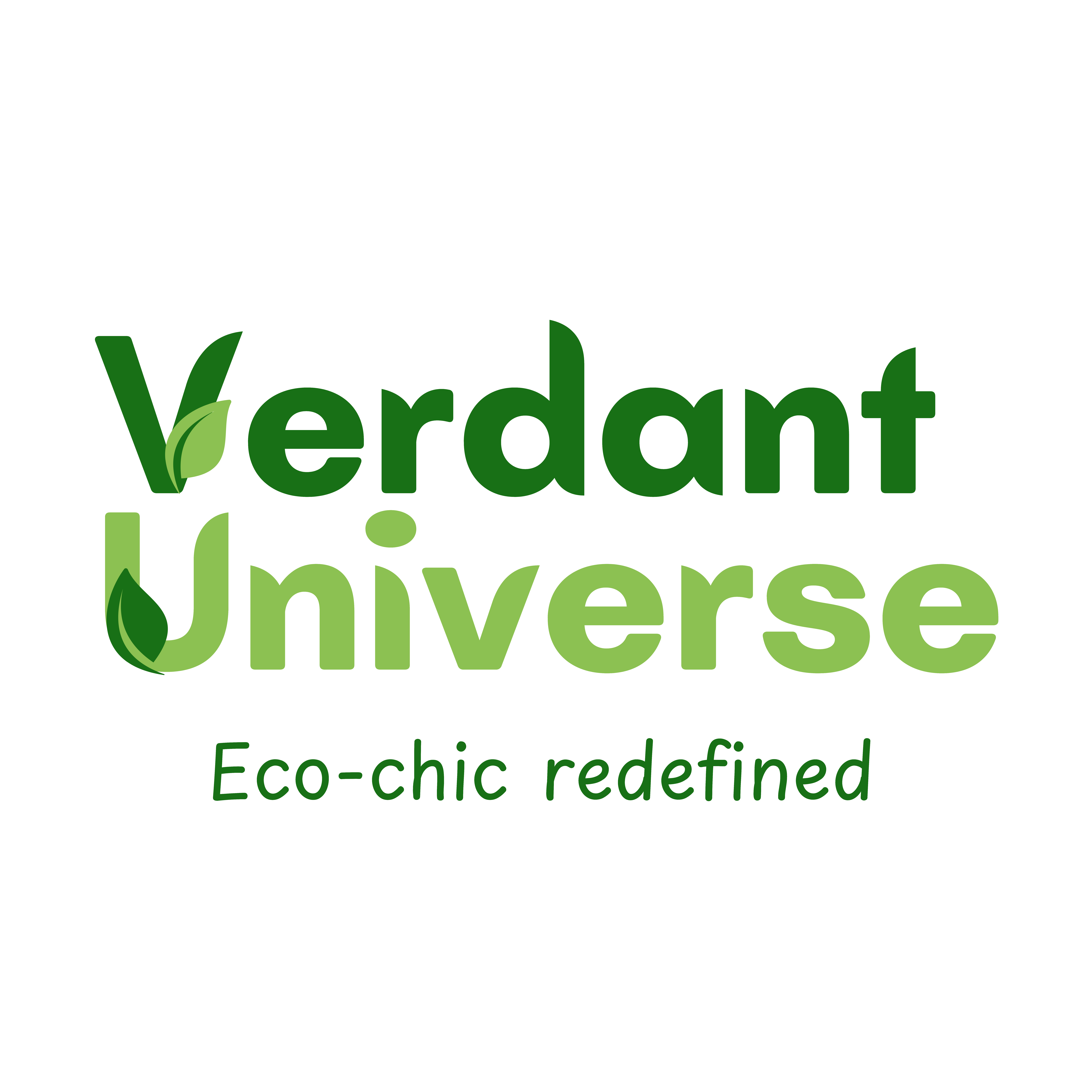Sustainable fashion trends for eco-conscious consumers
- sbaskar61
- Jan 14
- 3 min read

Sustainable Fashion Trends for Eco-Conscious Consumers
The fashion industry is at a critical crossroads. Responsible for up to 10% of global carbon dioxide emissions and nearly 20% of the 300 million tons of annual plastic waste, it generates more emissions than maritime shipping and international flights combined, according to the World Economic Forum. As global concerns about climate change and social equity intensify, sustainable fashion has emerged as a vital movement toward a greener, fairer future.
In this blog, we explore the concept of sustainable fashion, its significance, the challenges it faces, and the transformative trends shaping its future.
What is Sustainable Fashion?
Sustainable fashion involves creating garments that respect both people and the planet. It prioritizes reducing environmental impact, promoting ethical working conditions, and addressing social justice. This holistic approach encompasses:
Transparent supply chains
Ethical labor practices
Circularity through recycling and upcycling
Environmentally friendly production methods
The goal? A carbon-neutral industry rooted in social equity, ecological integrity, and animal welfare.
Why is Sustainable Fashion Important?
Sustainable fashion tackles some of the most pressing challenges of our time:
Reducing Environmental Impact:
Circular practices like repairing and reselling garments reduce waste.
Using biodegradable and recycled fibers cuts greenhouse gas emissions.
Championing Ethical Practices:
Fair wages and safe working conditions address the human cost of fast fashion.
Eco-friendly materials avoid harmful fertilizers, pesticides, and chemicals, fostering a healthier planet.
Building a Circular Economy:
By prioritizing quality over quantity, sustainable fashion encourages consumers to value durable, timeless pieces.

Emerging Trends in Sustainable Fashion
As consumer demand for eco-friendly clothing rises, brands are innovating to meet this shift. Here are key trends reshaping the industry:
1. Eco-Friendly Materials:
Organic Cotton: Grown without harmful pesticides, it reduces water usage.
Recycled Polyester: Repurposes plastic waste into durable textiles.
Hemp: A renewable crop with minimal environmental impact.
2. Sustainable Production Methods:
"Zero-waste" manufacturing minimizes resource wastage.
Facilities adopting water- and energy-saving technologies lower production footprints.
3. Circular Fashion Models:
Brands are launching take-back schemes, rental services, and resale platforms to extend product lifecycles.
Repair and upcycling initiatives encourage customers to refresh old garments.
4. Technological Innovations:
Lab-grown leather and algae-based textiles reduce resource consumption.
Blockchain technology enhances supply chain transparency, empowering consumers to verify sustainability claims.
5. Policy and Regulation:
Governments are introducing stricter environmental regulations, such as the EU’s Circular Textiles Strategy, to enforce accountability.
Challenges and the Road Ahead
While sustainable fashion is gaining traction, hurdles remain:
Higher Costs: Ethical production and eco-friendly materials often result in premium prices.
Consumer Awareness: Many buyers remain unaware of the environmental and social impact of fast fashion.
Greenwashing: Brands falsely claiming sustainability make it harder to identify genuine efforts.
Overcoming these challenges requires collective action from brands, governments, and consumers. Supporting circular practices, valuing quality over quantity, and promoting transparency will be pivotal.
The Future of Sustainable Fashion
The industry is moving toward a transformative future where:
Circularity and Collaboration: Partnerships across industries and NGOs drive innovation and scalability.
Consumer Power: Informed shoppers demand accountability, prioritizing brands that align with their values.
Technology and Regulation: Advances in materials and stricter laws create an environment where sustainability thrives.
As eco-conscious consumers, your choices matter. Every sustainable purchase contributes to a future where fashion is not only chic but also a force for good.

At Verdant Universe, we’re proud to champion these values by offering organic cotton garments that marry style with sustainability. Join us in redefining eco-chic fashion—because looking good should feel good too.
